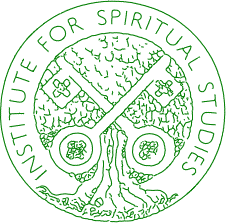

|
Seminar 9:
|
Two second-century Christian solutions to the problem of friendship with God.Friendship was an important philosophical topic in Antiquity, especially in the area of ethics. Philosophers from Socrates onwards tried to discover the nature of friendship. Most philosophers influenced by Aristotle saw that equality was an essential element of friendship, even unequal friendships such as that between a parent and a child. If there is a wide disparity between friends, then they cannot expect to remain friends. This is most obvious in the case of the gods, whose superiority to mankind in every attribute is unbridgeable. Therefore friendship between the gods and mankind is deemed to be impossible. In contrast, the early church held to the possibility of friendship with god. The scriptures clearly depict Abraham and Moses as friends of God. Jesus treated his disciples no longer as servants but as friends. Later, Gentile converts from the educated elite entering the church saw a need to resolve the tension apparent in the gulf existing between God and mankind on the one hand, and the scriptural claims of friendship between God and man on the other. This seminar will explore the creative solutions to the problem offered by two roughly contemporary second-century Christian writers: Irenaeus, a bishop of Lyons in Roman Gaul, and Clement of Alexandria, a presbyter and head of a catechetical school. Both saw that friendship with God was what men and women were created for, but both were also aware of the enormous gulf between mankind and God. For both, the resolution of the problem lies in their understanding of salvation, the transformation of believers over time from an imperfect state into the likeness of God, to such an extent that friendship with God ensues.
|